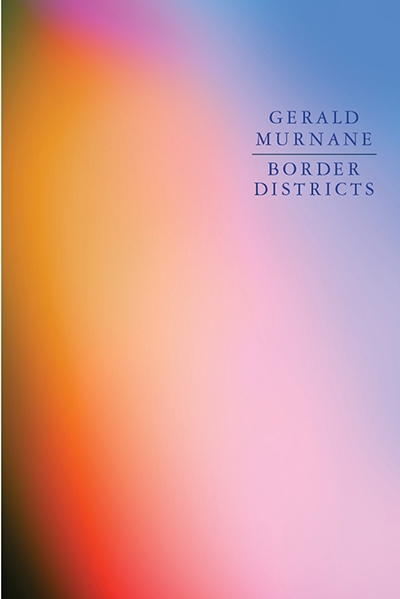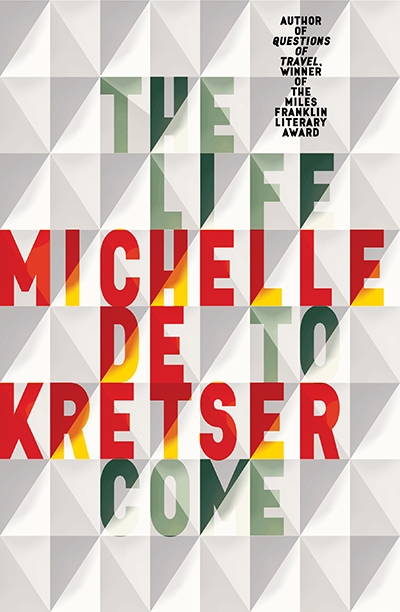Accessibility Tools
- Content scaling 100%
- Font size 100%
- Line height 100%
- Letter spacing 100%
Beejay Silcox
The ABR Podcast
Released every Thursday, the ABR podcast features our finest reviews, poetry, fiction, interviews, and commentary.
Subscribe via iTunes, Stitcher, Google, or Spotify, or search for ‘The ABR Podcast’ on your favourite podcast app.
‘Where is Nancy?’ Paradoxes in the pursuit of freedom
by Marilyn Lake
This week on The ABR Podcast, Marilyn Lake reviews The Art of Power: My story as America’s first woman Speaker of the House by Nancy Pelosi. The Art of Power, explains Lake, tells how Pelosi, ‘a mother of five and a housewife from California’, became the first woman Speaker of the United States House of Representatives. Marilyn Lake is a Professorial Fellow at the University of Melbourne. Listen to Marilyn Lake’s ‘Where is Nancy?’ Paradoxes in the pursuit of freedom’, published in the November issue of ABR.
Recent episodes:
Moments began as medieval measures, the time it took for a sundial’s blade of shadow to shift – ninety seconds or so, depending on the season. A slice of sunlight. A moment now carries cultural as well as temporal weight. A slice of spotlight. Increasingly, we speak of our present as a moment, as if its minutes are sprung ...
... (read more)
Politics is personal in the United States, far more private than it appears from outside. When political allegiance becomes tied to character, revealing one reveals the other ...
... (read more)





